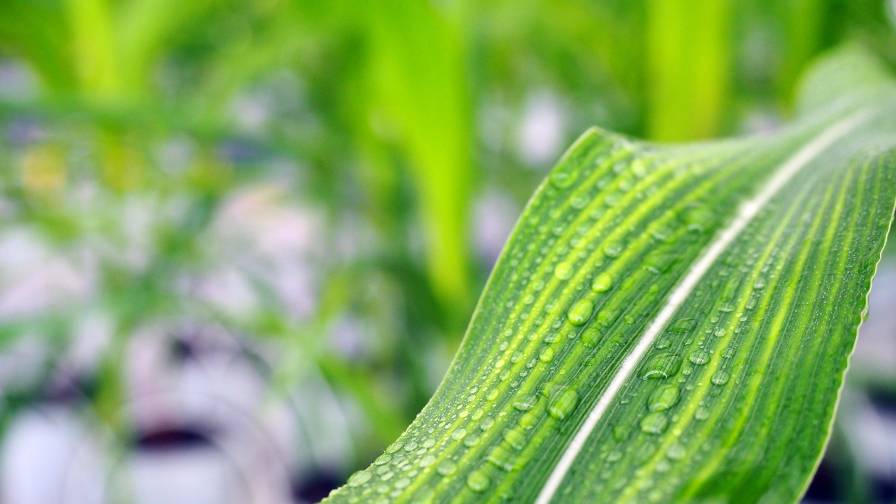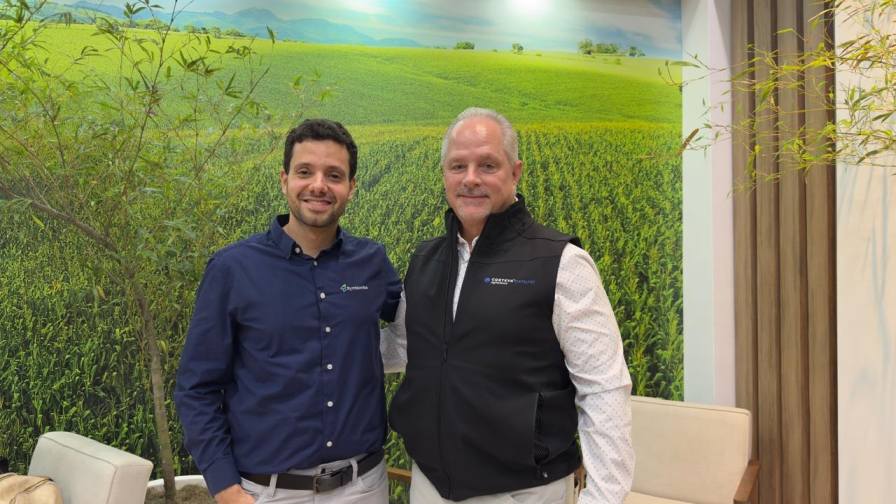Biopesticides’ Important Role in Sustainable Agriculture
Every industry has its own set of buzzwords. Agriculture is no different. For anyone paying attention to the industry, one of the most frequently used of late is biological, though it’s far more than just a buzzword, writes Jackie Pucci in a recent article in AgriBusiness Global DIRECT.
Biologicals, one of the cornerstones of sustainable agriculture, continue to have an ever increasing positive impact on agribusiness. The shift from conventional farming practices to more environmentally friendly and socially responsible methods is being driven by consumer demand and the need to address pressing global challenges such as climate change and food security.
Consumers are becoming more conscious of the environmental and social impacts of their food choices, leading to a rise in demand for products that are grown using biological solutions and sustainable practices. This shift in consumer preferences has prompted agribusinesses to adopt sustainable farming methods to meet market demands and maintain their competitive edge.
To accommodate the changing attitude, various members of the industry have been adopting sustainable agriculture practices that are gaining traction in the industry. One such practice is precision agriculture, which utilizes advanced technologies such as drones, sensors, and data analytics to optimize crop production. Precision agriculture enables farmers to minimize the use of fertilizers, pesticides, and water, resulting in reduced environmental impact and increased efficiency.
Another sustainable farming method discussed in the article is organic farming. Organic farming avoids the use of synthetic chemicals and genetically modified organisms (GMOs), focusing on natural inputs and biological pest control. The demand for organic products has been steadily increasing, leading to a rise in organic farming practices worldwide.
Other solutions include regenerative agriculture, which aims to restore and enhance soil health, biodiversity, and ecosystem services. By implementing practices such as cover cropping, crop rotation, and conservation tillage, regenerative agriculture improves soil fertility, reduces erosion, and sequesters carbon dioxide from the atmosphere. This approach not only benefits the environment but also enhances the resilience and productivity of agricultural systems.
In addition to practices, many in the industry are employing technology to implement sustainable agriculture practice. Innovations such as vertical farming, hydroponics, and aquaponics are enabling year-round production of crops with minimal water usage and land requirements. These technologies offer opportunities for urban farming and localized food production, reducing the carbon footprint associated with long-distance transportation of food.
While implementing sustainable practices may require initial investments and changes in traditional farming methods, it also presents opportunities for agribusinesses to differentiate themselves in the market and access new consumer segments. Additionally, governments and organizations are providing support through incentives, certifications, and research funding to encourage the adoption of sustainable agriculture practices.
With consumer demand for sustainably produced food on the rise, agribusinesses are increasingly adopting practices such as precision agriculture, organic farming, and regenerative agriculture. Technological advancements further contribute to the development of sustainable farming methods, offering opportunities for increased efficiency and reduced environmental impact. While challenges exist, the transition to sustainable agriculture presents significant opportunities for agribusinesses to meet market demands, enhance their competitiveness, and contribute to a more sustainable future.






